
The Paradox of Irrigation Efficiency
Higher efficiency rarely reduces water consumption
Recommendation
The impending global water crisis pits policymakers against agricultural interests in the fight for scarce resources. In this detailed article, a team of researchers explores the paradox of how “high efficiency” irrigation systems rarely save water, and can even be wasteful. They outline a number of methods such as “water accounting” and usage caps, which could mitigate misuse of fresh water for crop irrigation worldwide. The article will engage readers concerned about water conservation, and how farm irrigation can be made more efficient and sustainable.
Summary
About the Authors
R. Quentin Grafton is a professor at Australian National University and Co-Chair of the ANU Water Initiative. He is Chairholder, UNESCO Chair in Water Economics and Transboundary Water Governance; Director of the Centre for Water Economics, Environment and Policy; and Convener of the Geneva Actions on Human Water Security.









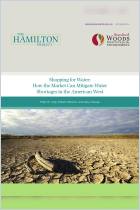
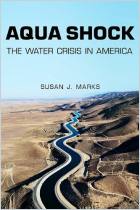
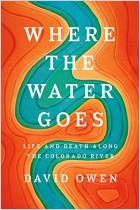
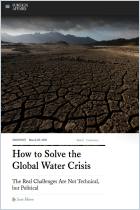
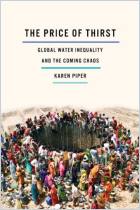
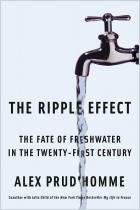



Comment on this summary or 开始讨论